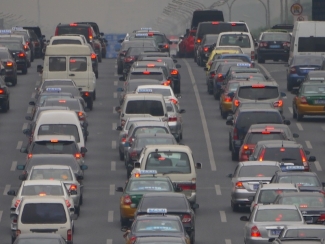On the Use of Market-Based Instruments to Reduce Air Pollution in Asia
The high rates of economic activity and environmental degradation in Asia demand the implementation of creative and cost-effective environmental policy instruments that provide polluters with more flexibility to find least-cost solutions to pollution reduction. Despite their many theoretical advantages, the use of market-based instruments (MBIs) is a relatively recent phenomenon in Asia, partly due to policymakers being unfamiliar with MBIs and countries lacking the institutional capacity to implement and enforce them.
